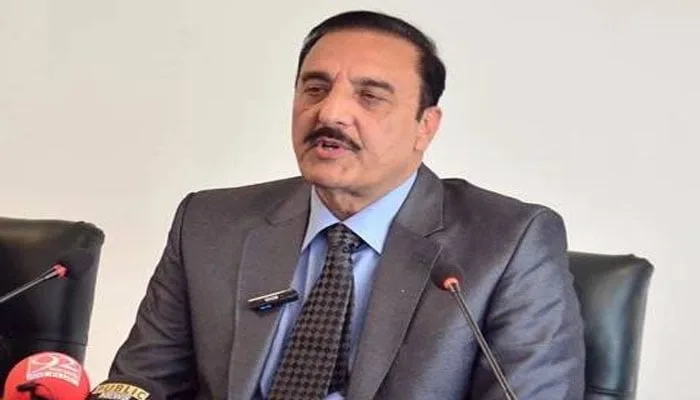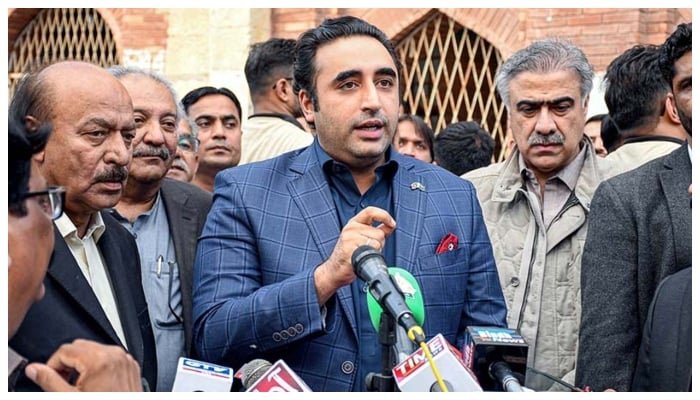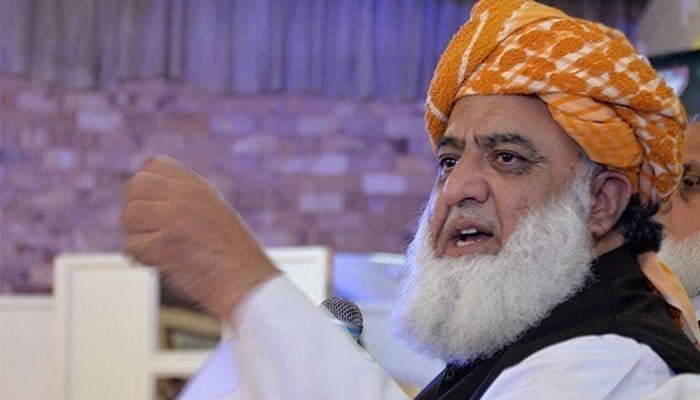Former Rawalpindi Commissioner, Liaquat Ali Chatta, embroiled in allegations of facilitating rigging during the February 8 general elections, failed to appear in the Rawalpindi court, further complicating the legal proceedings against him.
The Rawalpindi local court had summoned Liaquat Chatta on March 14, but he opted to submit his response through his legal representative, citing ongoing inquiries against him by the Election Commission since February 21 as the reason for his absence.
In his response to the summons notice, Liaquat Chatta acknowledged the existence of the inquiry but expressed his inability to attend court proceedings due to his involvement in the ongoing inquiries initiated by the Election Commission.
The court, taking note of Liaquat Chatta’s response, adjourned the hearing until April 20, granting his lawyer five days to present arguments on his behalf.
It is imperative to highlight that Liaquat Chatta resigned from his position as Rawalpindi Commissioner on February 17, publicly admitting to his involvement in rigging during the general elections. In a candid press conference, he confessed to manipulating election results in Rawalpindi Division, orchestrating lead changes of up to 50,000 votes in favor of certain candidates.
Shockingly, Liaquat Chatta implicated the Election Commission of Pakistan, the Chief Election Commissioner, and even the Chief Justice of Pakistan in the rigging scandal, demanding their resignations alongside his own.
In a dramatic gesture, Liaquat Chatta announced his resignation and declared his readiness to face legal consequences, even suggesting that he should be sentenced to death in Rawalpindi’s Kachhari Chowk as punishment for his actions.
Meanwhile, lawyer Zeb Fayyaz filed a 22A application against the former commissioner, indicating the escalation of legal actions against Liaquat Chatta and further intensifying the legal battle surrounding the allegations of election rigging.
The unfolding legal saga underscores the gravity of the accusations leveled against Liaquat Chatta and the profound implications for Pakistan’s electoral integrity. As the case progresses, questions of accountability, transparency, and the rule of law loom large, with the reputation of key institutions at stake.
The implications of Liaquat Chatta’s admissions extend beyond his individual culpability, casting a shadow over the credibility of Pakistan’s electoral processes and the integrity of its democratic institutions.
The upcoming court proceedings on April 20 are poised to be pivotal in determining the trajectory of the case and the extent of Liaquat Chatta’s legal liability. The outcome will not only shape his fate but also have far-reaching implications for the future of electoral accountability in Pakistan.



